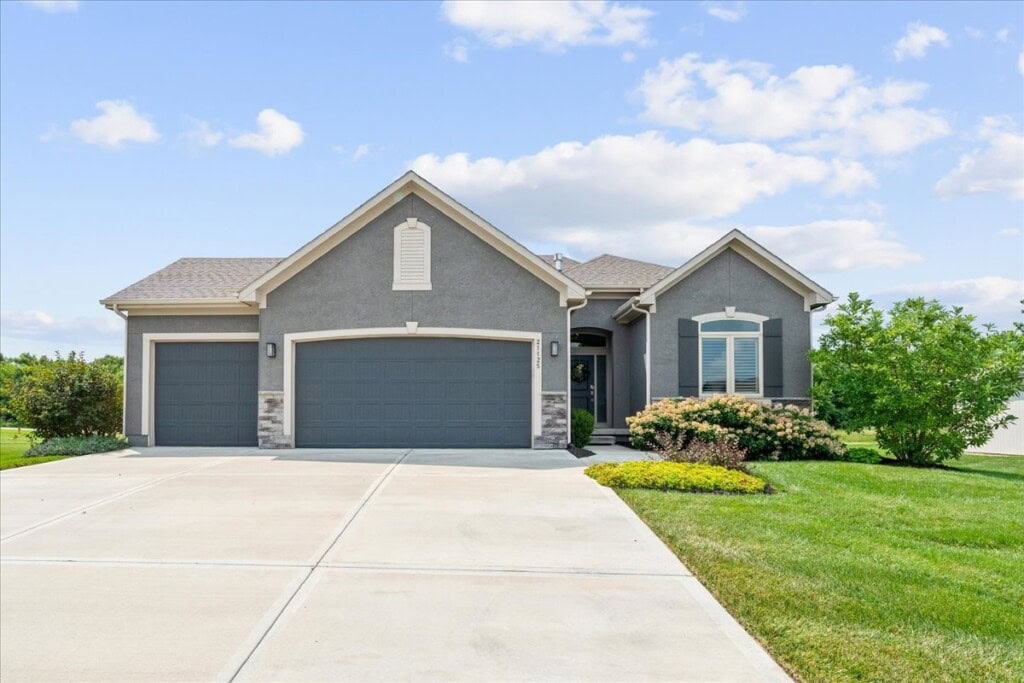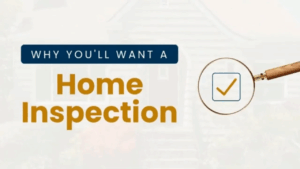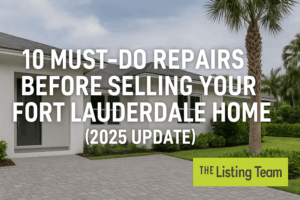How Much are Closing Costs in Kansas?

Congratulations! You’ve almost made it through the entire homebuying process. But before your homebuying journey can come to an end, you’ll need to pay for closing costs..
Closing costs are the taxes and fees associated with the purchase and sale of a home, such as title insurance and lender fees. To help prepare you for the final steps of the homebuying process, this Redfin article will break down how much closing costs are in Kansas, who pays for them, and what costs you can expect to pay as a buyer and as a seller.
How much are closing costs in Kansas?
Before securing the keys to your new home, homebuyers will need to pay for closing costs. Closing costs in Kansas typically range from 2%-5% of the home’s purchase price. However, keep in mind that closing cost amounts vary depending on many factors – such as the purchase price of the home, the type of loan, and any adjustments negotiated with the seller.
For example, if you’re buying a home in Topeka, which has a median sale price of $189,000, closing costs could range anywhere from $3,780 to $9,450. Or, let’s say that you’re buying a home in Wichita, which has a median sale price of $232,362. Closing costs for a home here could be between $4,647 and $11,618.
Who pays closing costs in Kansas?
Generally, both buyers and sellers can expect to pay closing costs. But the buyer and seller will pay for different closing costs and likely have different total closing cost amounts. Another thing to keep in mind is that buyers typically pay for closing costs out of pocket, while the seller?s closing cost payments are often deducted from the home sale proceeds.
Buyer closing costs in Kansas
Closing costs in Kansas for homebuyers tend to range between 2%-5%. In most cases, you’ll pay earnest money, typically 1% to 3% of the home price, upon reaching mutual acceptance in your home purchase. This deposit is subtracted from your closing costs, reducing the total amount due at closing. Here are a few common closing costs that buyers typically cover:
Appraisal fee: Your mortgage lender will require a home appraisal to ensure the home value is equal to or more than the loan amount. Home appraisals typically cost between $300 and $500, depending on location. If you pay at the time of service, it will not be included in your closing costs.
Inspection fee Although not required, a home inspection is highly recommended. Home inspections generally range from $300 to $500 in cost and are usually paid at the time of service. However, if not, it will need to be paid at closing.
Loan origination fee: Most lenders charge a fee for creating your loan. Be sure to check with your lender what this fee covers and if it can be waived or negotiated.
Loan processing fee: In addition to the origination fee, your lender may also charge a fee for processing your loan. This typically covers underwriting and related services. It’s recommended to discuss this fee with your lender to understand what this fee covers and if it can be waived.
Loan discount points: If you buy discount points to lower your interest rate, you’ll pay a one-time fee at closing. These points can lower your rate by 0.25% to 0.5%, but consider your long-term homeownership plans before paying for a reduced rate.
Private mortgage insurance (PMI): When your down payment is under 20%, you’re typically required to pay PMI. Some loans allow upfront PMI payment at closing, giving you the choice between higher upfront costs or increased monthly payments.
Title insurance: Title insurance is a one-time closing cost, with buyers commonly paying for both lender and owner policies.
Homeowners insurance: Your annual homeowners insurance premium may be included in your closing costs in Kansas.
Homeowners Association dues: If your property is part of a homeowners association, you’ll likely pay one month’s dues upfront at closing. These fees vary and contribute to maintenance and operational costs.
Property taxes: Buyers may have to prepay property taxes as part of their closing costs in Kansas.
Seller closing costs in Kansas
How much closing costs are in Kansas for sellers will vary between each transaction, but below are some of the common fees and costs that a seller pays for:
Real estate agent commission fees: These fees can be a significant cost for sellers. Commission fees may vary and are subject to negotiation. Sellers should discuss their options with their agent.
Homeowners Association fees: If the property is part of an HOA, the seller may need to pay a variety of fees. These can include HOA transfer fees, outstanding dues, and possibly a fee for obtaining HOA documents required by the buyer. The exact fees will depend on the HOA’s rules and regulations.
Property taxes: Sellers are responsible for any property taxes that have accrued but not yet been paid up to the closing date. These unpaid property taxes are typically prorated for the months that you owned the property.
Title insurance: Owner’s title insurance is another common closing cost in Kansas oftentimes paid for by the seller.
Median home sale price data from the Redfin Data Center during July 2024.
The post How Much are Closing Costs in Kansas? appeared first on Redfin | Real Estate Tips for Home Buying, Selling & More.







